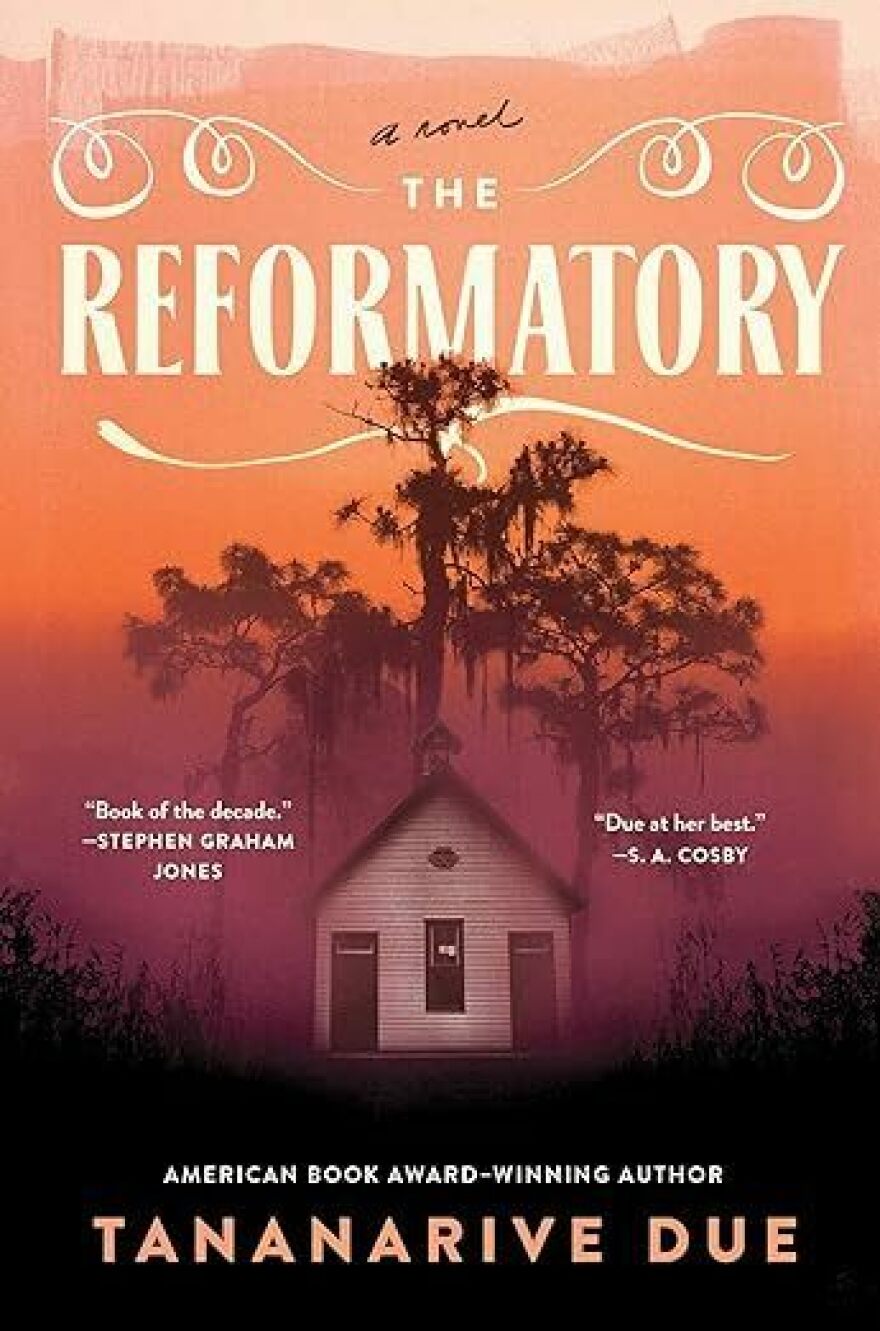Tananarive Due's The Reformatory is one of the best novels published in 2023. A superb mix of literary fiction, horror, and historical fiction, The Reformatory tells a story of inequality, ghosts, abuse, and the power of love between siblings.
But it also explores racism in 1950s Florida, a place where race relations weren't much better than they'd been in 1865, when the 13th Amendment to the U.S. Constitution abolished slavery and gave Black people their freedom — but not equality.
It is the summer of 1950 and 12-year-old Robbie Stephens, Jr. and his older sister Gloria encounter teenager Lyle McCormack, the son of Red McCormack, a man who basically owns the little town where they live, Gracetown. Lyle looks at Gloria strangely and then touches her arm and says some things he shouldn't, so Robbie kicks him. As a result, he gets a bloody ear from Red McCormack and a six-month sentence at the Gracetown School for Boys, a reformatory with a dark past in which boys of all races often vanish forever.
While the reformatory is full of racists — and Robbie soon learns that extreme physical punishment is common — one of the biggest surprises is that he can see ghosts, haints, regularly. The haints don't hurt Robbie and he learns to deal with them quickly. He even thinks he can communicate with his dead mother through the pipes in the showers. The other ghosts, however, show signs of violence and Robbie soon starts to unveil the reformatory's dark, violent history through these apparitions.
Meanwhile, Gloria does everything in her power to rescue her little brother while also coping with their father's forced absence and the changing ways in which she has to navigate the world as a Black girl that's now seen as young Black woman by those around her.
The Reformatory is a haunting, unflinching novel that delves deep into the realities of the Jim Crow South — and the very real horror of the schools like the Gracetown School for Boys and the atrocities that went on inside their walls. Due, who has never shied away from tackling racial issues in her work, delivers here a historical fiction narrative that manages to destroy readers with the ugliness of unabashed racism while also making every hero in the book Black and celebrating Black excellence via figures like Zora Neale Hurston, Thurgood Marshall, and Louis Armstrong. Yes, there is a lot of abuse here and the N-word is constantly used a weapon to insult and belittle Black folks, but ultimately the narrative deals with love and perseverance, and that makes it even more memorable.
This story works on two different levels. The first is as an immaculately researched chronicle of prejudice that reads like literary fiction and pulls readers into the darkest corners of Gracetown to show how racism operated in Florida in the 1950s — a time where Black people were still forced to use different entrances and the Klan was a constant presence. Then the haints show up and the novel morphs into a spooky story of floating ghosts and dead children, gone because of disease, burnings, or from a knife to the back. This mix allows Due to show supernatural horrors as well as horrors that are too real, and those are worse. Furthermore, The Reformatory takes place in a time where the past, horrible as it was, was still very present. For example, Gloria remembers walking through town with her father before he was forced to run away to Chicago after false rape accusations that were made to keep him from organizing workers. During one of their walks, they pass a tree and Robert Stephens tells his daughter: "See this tree? When I was a boy, this was a hanging tree. We had to walk past it to go to school even if a man was still swinging."
The Reformatory is Due's attempt to piece together the story of a family member never spoken of, but it's also much more than that. This is a novel that isn't afraid to look at the past and expose the good and the bad, the heartwarming and the harrowing, the real and the lies that were told by those in power. The Gracetown School for Boys is fiction, but it's an imaginary twin of the infamous and very real Dozier School for Boys, which is a true horror story from the heart of Florida. This makes The Reformatory not only a brave novel about racism and injustice but also a timely, necessary read that ultimately serves as an invitation to make sure we never make the same mistakes again — and to stomp out racism wherever it raises its ugly head.
Gabino Iglesias is an author, book reviewer and professor living in Austin, Texas. Find him on X, formerly Twitter, at @Gabino_Iglesias.
Copyright 2023 NPR. To see more, visit https://www.npr.org.

